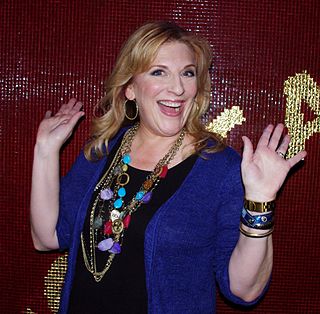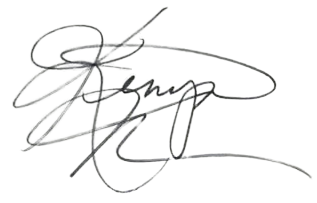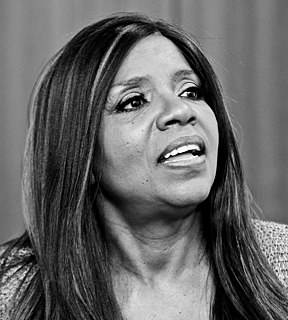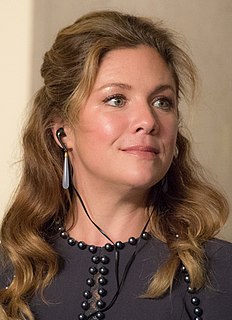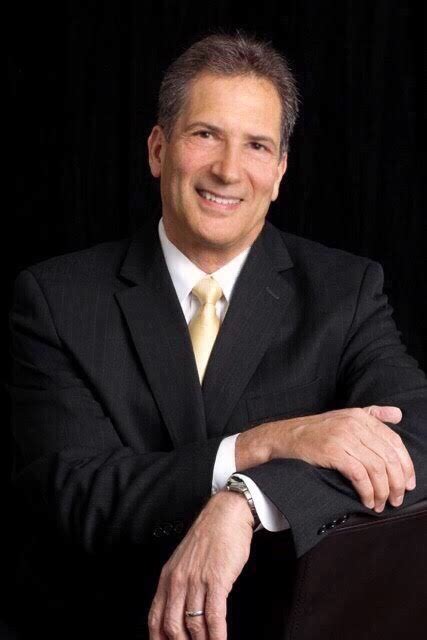A Quote by Amy Chua
I do not think there was anything abusive in my house. Yet, I stand by a lot of my critiques of Western parenting. I think there's a lot of questions about how you instill true self-esteem.
Related Quotes
I treasure the fact there's media freedom, but with that goes responsibility. I think that there should be a self-regulatory organization and that they should start to think about standards. Because I think a lot of people say, "I don't know how to read what is true versus somebody else's interpretation."
Tell me how a person judges his or her self-esteem, and I will tell you how that person operates at work, in love, in sex, in parenting, in every important aspect of existence - and how high he or she is likely to rise. The reputation you have with yourself - your self-esteem - is the single most important factor for a fulfilling life.
The great philosophers of the 17th and 18th centuries did not think that epistemological questions floated free of questions about how the mind works. Those philosophers took a stand on all sorts of questions which nowadays we would classify as questions of psychology, and their views about psychological questions shaped their views about epistemology, as well they should have.
While I was writing the book, one of my children was diagnosed with dyslexia. Dyslexia is a very tiny word for a wide-ranging neurological condition that affects different people in different ways. But I was reading an awful lot about it, to try and find ways of helping my child. I think a lot of fiction comes from this desire to confront unanswerable questions, and it's heartbreaking to see your child, a bright child, struggling so much with something that others are finding so easy. It's such an assault to the child's self-esteem and, as a mother, it's hard to watch.
Lately, I'm thinking a lot about, in parenting and in my writing, how to create a language about sexism in a way that is attractive and approachable to this age group. I can teach my daughter about not talking to strangers but I can't teach her about how to succeed in a sexist world or even how to exist as a body in a sexist world. I want to begin by asking girls what they want and why they want it? Interrogating that. If this is the sex life you want, what makes you think you want that? I imagine the only way to authentically get at sexuality is by asking those questions.
There's a lot of talk these days about giving children self-esteem. It's not something you can give; it's something they have to build. Coach Graham worked in a no-coddling zone. Self-esteem? He knew there was really only one way to teach kids how to develop it: You give them something they can't do, they work hard until they find they can do it, and you just keep repeating the process.
I think the beauty industry is a stepping stone in terms of pageants that will give you a launching pad to be seen. For people to understand who you are and what you stand for... I think it teaches self esteem and self worth. And it also encourages you to have a more philanthropic viewpoint of the world.
I think that every educator, indeed every human being, is concerned with what is true and what is not; what experiences to cherish and which ones to avoid; and how best to relate to other human beings. We differ in how conscious we are of these questions; how reflective we are about our own stances; whether we are aware of how these human virtues are threatened by critiques (philosophical, cultural) and by technologies (chiefly the digital media). A good educator should help us all to navigate our way in this tangled web of virtues.
I think in the whole field of questions about what we take to be "real," one of those questions is about the self. When you talk about the self we're always talking about whether it's a construction and it's a construction we're always in the process of working on. I don't think that work ever ends, to some degree.
It is a mistake to look at someone who is self assertive and say, "It's easy for her, she has good self-esteem." One of the ways you build self-esteem is by being self-assertive when it is not easy to do so. There are always times when self-assertiven ess requires courage, no matter how high your self-esteem.






